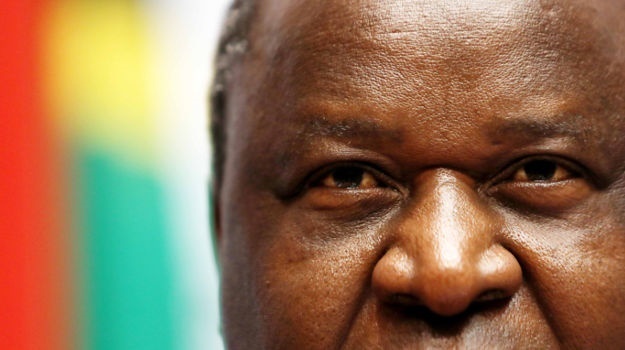


Finance Minister Tito Mboweni (Gallo)
Times Live / Esa Alexander/Gallo
- National Treasury said the Covid-19 loan guarantee scheme would be reviewed to be more accessible.
- The interest and capital repayment holiday were also extended.
- Turnover cap was replaced with a maximum loan amount of R100 million.
- Clients are now able to access the loan over a longer period.
National Treasury plans to review government’s Covid-19 loan guarantee scheme to ensure that it is more accessible to businesses that needed.
The loan guarantee scheme was established to ease the pressure on businesses affected by low economic activity following the national lockdown. The scheme is facilited in partnership with the South African Reserve Bank and the Banking Association of South Africa.
The pandemic and the national lockdown’s have weighed on businesses and are set to feed into double digit economic contraction and rising unemployment.
Originally, Treasury provided a R100 billion guarantee to banks through the central bank with the option to extend the scheme to R200 billion.
Following discussions with non-bank lenders to extend the scheme, clients will be able to access the loan over a longer period with the draw down period extended from three months to a maximum of six months.
“Some of the changes include that bank credit assessments and loan approvals will be more discretionary and less restrictive, in line with the objectives of the scheme,” the Treasury statement said.
- READ |Mboweni pressed on SOE funding
The statement said funds borrowed from the scheme through banks can be used for operational expenses and contracts with suppliers.
“The loans are granted at a preferential rate (prime) and repayment may be deferred for a maximum of one year after taking out the loan.
“Businesses will then be required to repay the loan over five years. Government and commercial banks are sharing the risk of non-repayment of these loans,” the statement said.
The statement said banks will also be able to provide syndicated loans for loans larger than R50 million. The loan guarantee scheme now also “explicably” includes sole proprietorships and small companies.
Efficient Group economist Dr Francoise Stofberg said businesses needed support from government and that relief measures delayed or made inaccessible would be devastating, especially for small business.
National Treasury and the central bank, which cut rates for a fifth time this year alone, have been criticised by certain segments for not doing enough to support and stimulate the South African economy devastated by the impact of the pandemic.

